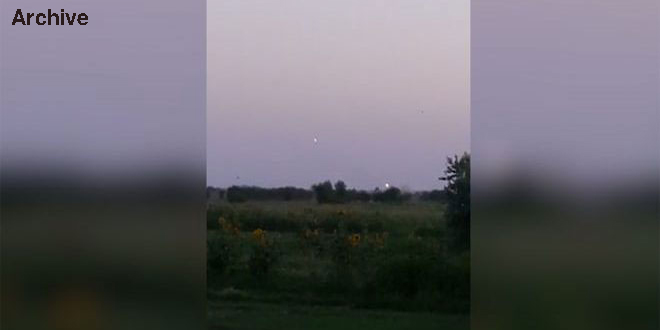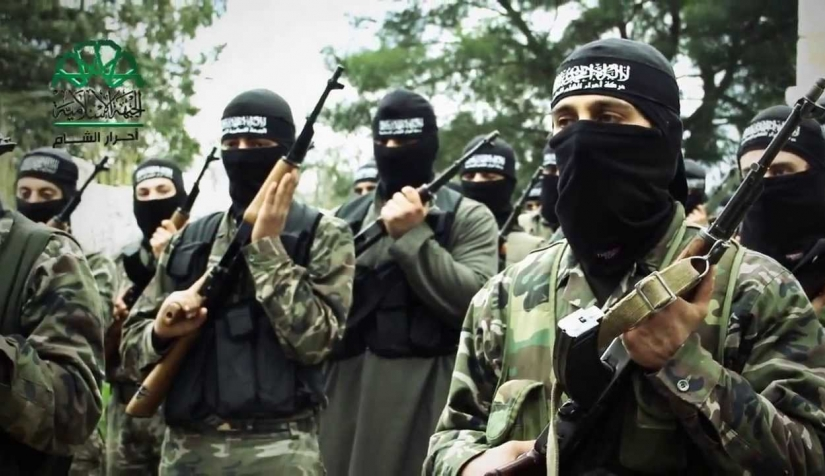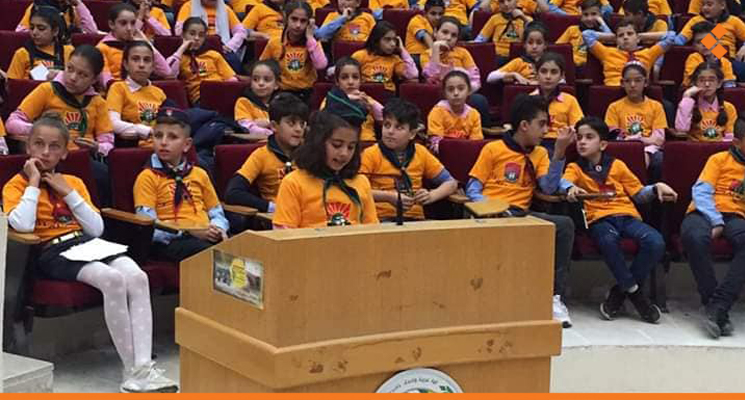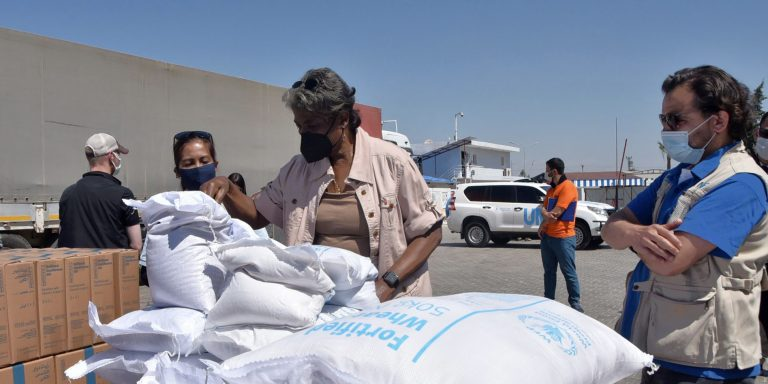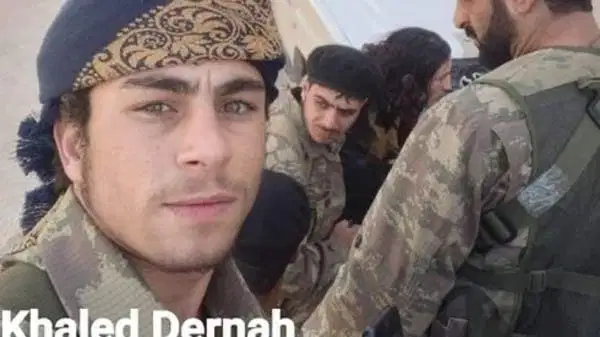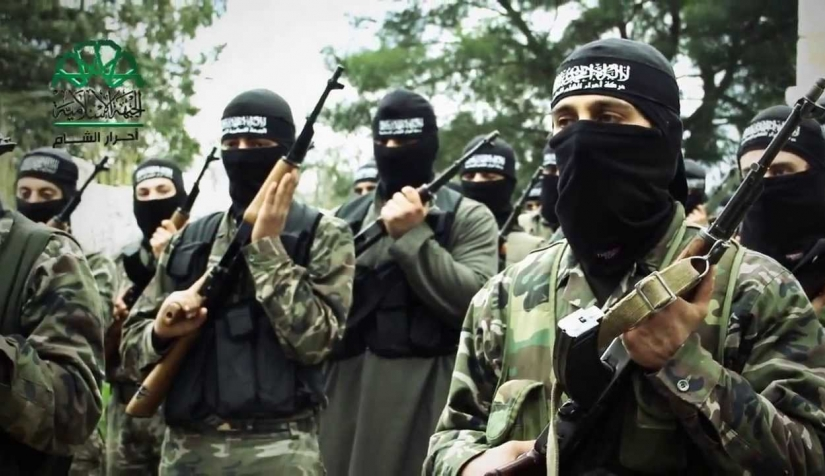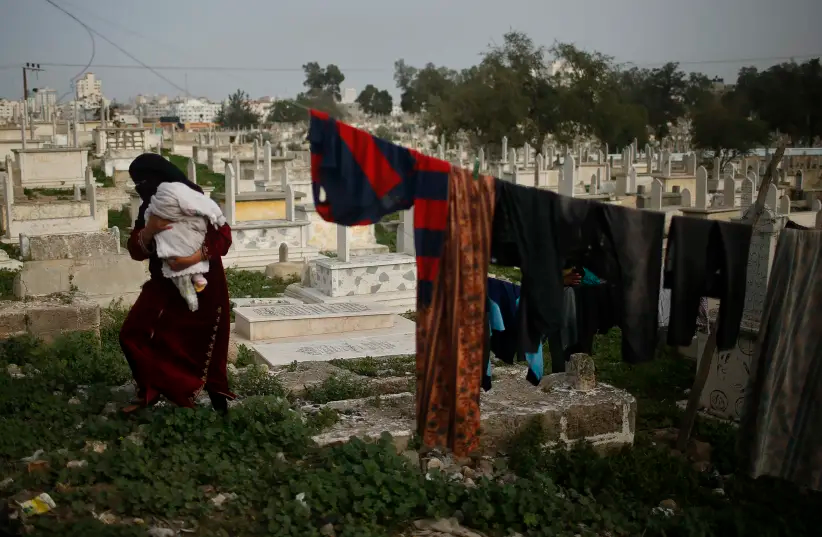Jordanian Salafi-Jihadi Ideologue Al-Maqdisi Denounces Syria-Based Saudi Cleric Al-Muhaysini’s Call For Bolstering ‘Brotherhood’ Between Turkey, Taliban
On June 27, 2021, Syria-based Saudi jihadi cleric Abdallah Al-Muhaysini tweeted [1] a call to bolster ties between Turkey and Afghanistan’s Taliban. Commenting briefly on a potentially closer relationship, Al-Muhaysini wrote: “It is proper for Muslim Turkey, which supported people and provided refuge to the oppressed, to be supportive of the Taliban. Likewise, it is proper for the Taliban to take their Turkish brothers as loyal allies. It is vital to build bridges of trust and strengthen the relationship, for that is in the interest of Muslims in general.”

